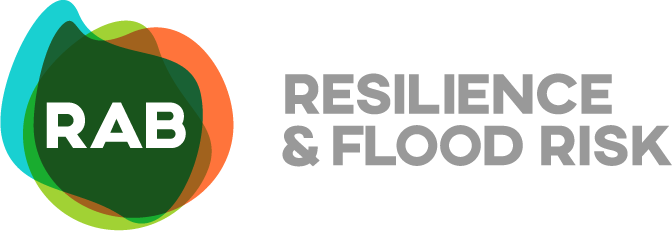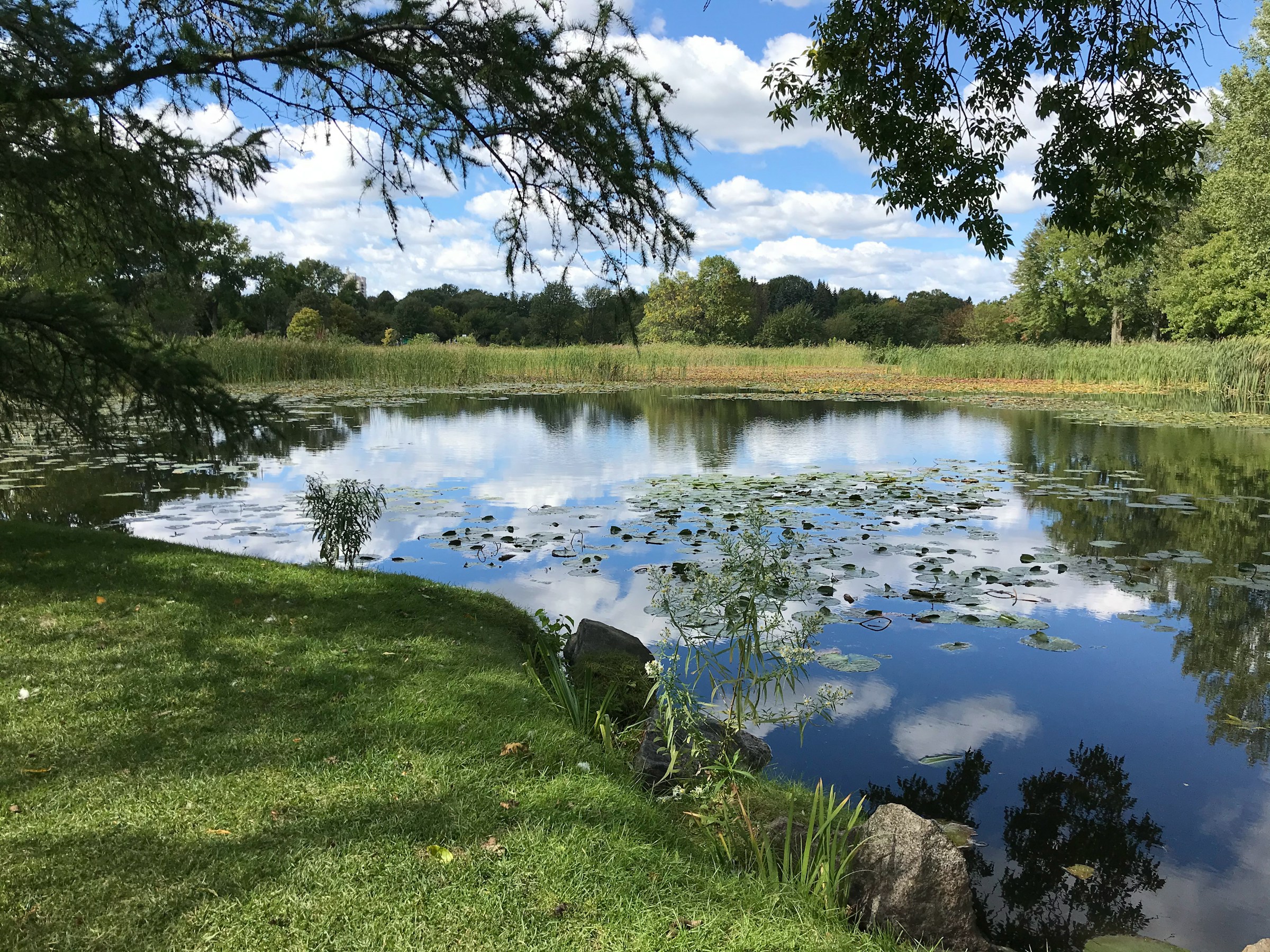NB: This content is based on the findings from the work of Hazra et al. (2024). An evaluation of conventional and nature-based technologies for controlling antibiotic-resistant bacteria and antibiotic-resistant genes in wastewater treatment plants. Science of the Total Environment.
In recent years, the challenge of antibiotic resistance has become a health concern. Wastewater treatment plants (WWTPs) are often hotspots for antibiotic-resistant bacteria (ARB) and antibiotic-resistant genes (ARGs), which can persist and spread in the environment. Traditional wastewater treatment methods sometimes fall short in effectively reducing these contaminants. This is where constructed wetlands (CWs) and nature-based solutions come into play, offering promising alternatives for sustainable wastewater management.
Constructed Wetlands: A Natural Solution
Constructed wetlands are engineered systems that mimic natural wetlands, using vegetation, soil, and microbial activity to treat wastewater. They are particularly effective in removing pollutants, including antibiotics and ARGs, through various mechanisms such as adsorption, microbial degradation, and plant uptake. CWs can be designed in different configurations, including vertical flow, horizontal flow, and hybrid systems, each offering unique benefits in terms of pollutant removal efficiency.
Advantages of Constructed Wetlands
- Cost-Effective and Sustainable: CWs are relatively low-cost compared to conventional treatment technologies. They require less energy and maintenance, making them an attractive option for developing regions and small communities.
- Enhanced Pollutant Removal: CWs can effectively remove a wide range of contaminants, including heavy metals, nutrients, and organic pollutants. Studies have shown that CWs can achieve high removal rates for antibiotics and ARGs, significantly reducing their presence in treated effluent.
- Biodiversity and Habitat Creation: CWs provide habitats for various plant and animal species, promoting biodiversity. They can also be integrated into urban landscapes, enhancing green spaces and contributing to ecological health.
- Flexibility and Adaptability: CWs can be tailored to specific wastewater characteristics and environmental conditions. This flexibility allows for optimized treatment processes that address local needs and challenges.
Nature-Based Solutions: A Broader Perspective
Nature-based solutions encompass a range of strategies that leverage natural processes to address environmental challenges. In the context of wastewater treatment, these solutions include not only CWs but also other methods like phytoremediation and waste stabilization ponds. These approaches harness the power of plants, soil, and microorganisms to degrade, transform, and remove pollutants from wastewater.
Key Benefits of Nature-Based Solutions
- Environmental Protection: By using natural processes, these solutions minimize the ecological footprint of wastewater treatment. They reduce the need for chemical additives and energy-intensive processes, thus protecting water bodies and soil from further contamination.
- Resilience and Climate Adaptation: Nature-based solutions can enhance the resilience of wastewater treatment systems to climate change impacts. They can buffer against extreme weather events and provide sustainable water management in the face of environmental uncertainties.
- Community Engagement and Education: Implementing nature-based solutions often involves local communities, fostering a sense of ownership and stewardship. Educational programs can raise awareness about the importance of sustainable water management and encourage community participation.
Conclusion
Constructed wetlands and nature-based solutions represent a shift towards more sustainable and effective wastewater treatment practices. By integrating these approaches, we can address the pressing issue of antibiotic resistance while promoting environmental health and resilience.
Here at RAB, we do our best to design tomorrow’s drainage, today, by harnessing nature’s wisdom in our design approach. Please feel free to contact our drainage lead Alexandros to discuss all things drainage or if you need support with one of your projects. Email: alexandros@rabconsultants.co.uk
RAB deliver a wide range of flood risk management and resilience services for both public and private sector organisations. More information is available here on our website, or you can get in touch for an informal discussion on your specific project by email to enquiries@rabconsultants.co.uk or call our head office in Lichfield on 0330 223 6475.


